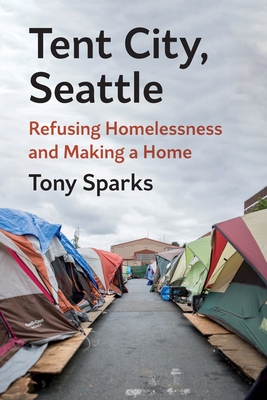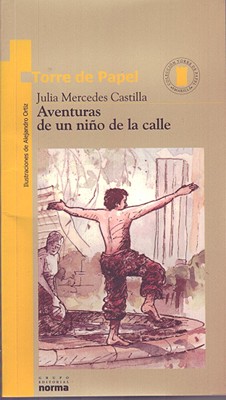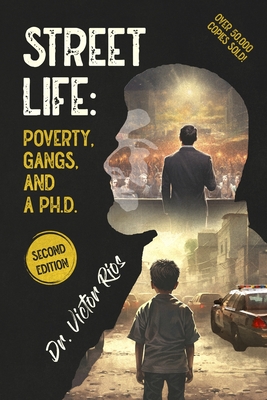
description
of being unhoused in the United States
Tent City 3 provides Seattle's unhoused people with a place to create and sustain not just shelter but a home. In 2000 it became one of the first organized, peer-operated tent encampments in the city, a type of community that has become more common throughout the West Coast and the United States in the intervening years. Based on groundbreaking participatory research and interviews, this book explores the lives of Tent City 3's residents and their efforts to reclaim dignity, freedom, and the deep human connection to one's own space.
Tent City 3 upends stereotypes of homelessness by being a self-managed, self-governing, and largely self-supporting community of informal housing. Residents enact ongoing and relational homemaking practices that challenge widely accepted notions of private and public, self and other, and home and homeless. Tony Sparks reveals how small tasks undertaken in Tent City 3 contribute to a larger process of homemaking through practices of care, communing, and collectivity. He also shows how the encampment's residents refuse the normative boundaries of private property to create and sustain a sense of home and resist the ongoing settler colonialism that justifies their exclusion. Brimming with insightful analysis and rich storytelling, Tent City, Seattle dispels myths about homelessness while placing the issue within the arc of American history.
Tent City 3 provides Seattle's unhoused people with a place to create and sustain not just shelter but a home. In 2000 it became one of the first organized, peer-operated tent encampments in the city, a type of community that has become more common throughout the West Coast and the United States in the intervening years. Based on groundbreaking participatory research and interviews, this book explores the lives of Tent City 3's residents and their efforts to reclaim dignity, freedom, and the deep human connection to one's own space.
Tent City 3 upends stereotypes of homelessness by being a self-managed, self-governing, and largely self-supporting community of informal housing. Residents enact ongoing and relational homemaking practices that challenge widely accepted notions of private and public, self and other, and home and homeless. Tony Sparks reveals how small tasks undertaken in Tent City 3 contribute to a larger process of homemaking through practices of care, communing, and collectivity. He also shows how the encampment's residents refuse the normative boundaries of private property to create and sustain a sense of home and resist the ongoing settler colonialism that justifies their exclusion. Brimming with insightful analysis and rich storytelling, Tent City, Seattle dispels myths about homelessness while placing the issue within the arc of American history.
member goods
No member items were found under this heading.
Return Policy
All sales are final
Shipping
No special shipping considerations available.
Shipping fees determined at checkout.







